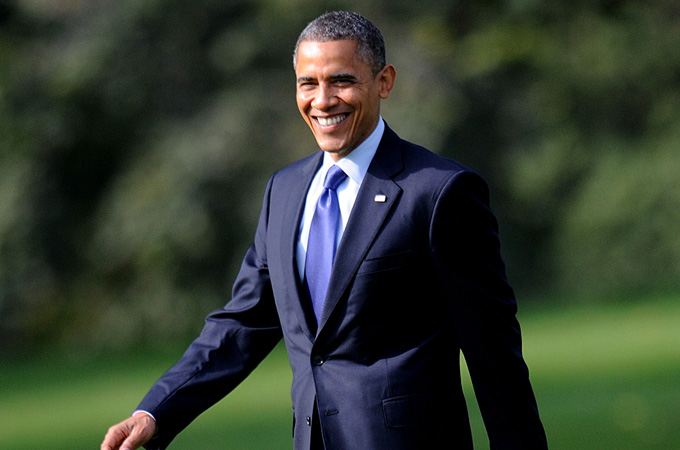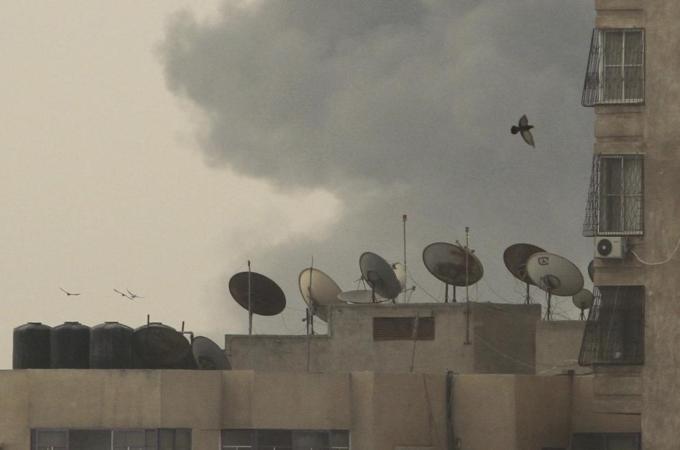The award winning TV show does little to alleviate the myths and misconceptions about Arabs and Muslims, writes author.
"That American shows are now equal-opportunity offenders in their racism against internal and external others is hardly news, but that the first black American president is a fan of them should be," writes Massad [EPA]
|
| The story of Arabs and Muslims and the Western and especially the American media has been told too many times before. The history of representations of Arabs and Muslims in Hollywood films, in television programs, on network news, or in major and minor American print media has been studied, analysed, criticised, and defended in books, research papers, and media commentary for decades. This also applies to the more virulent Israeli Jewish racist representations of Arabs and Muslims, not only in the Israeli media, school curricula, and all cultural artifacts that Israeli Jewish society produces, but also by actual and ongoing Israeli Jewish policies towards Arabs inside and outside Israel. Just as Israeli racist representations of Arabs are a reflection of an overall Israeli Jewish structural racism that pervades every aspect of Israeli Jewish society, American media racism is also just a branch of a larger American racism and racialism on which much of American culture, history, and national identity is based. Still, this need not sway the casual observer from analyzing the dynamism of white American nationalist fantasies about their internal and external racial others as represented in the news media or in televised fiction. If in the 1970s, American children were taught on the American children’s TV program “Sesame Street” that the word “danger” connotes “Arabs” by showing a drawing of an Arab with a headdress next to the word, a more recent and very popular American program titled “Homeland” hardly deviates from this formula, except to add that Arabs are so dangerous that even all-American White men can be corrupted by them and become equally dangerous to America. That “Homeland” (broadcast on the Showtime cable channel) is an American adaptation of an Israeli series titledHatufim (Hostages) that airs on Israeli television station Channel 2 will surprise no one. In September 2012, the show’s Israeli creator Gideon Raff, who also works on the American series, accepted the award for best writing for a drama series for “Homeland” at the 64th Primetime Emmy Awards along with the show’s American producers Howard Gordon and Alex Gansa. Indeed “Homeland” itself won the award for the best drama series at the Emmy’s. |













